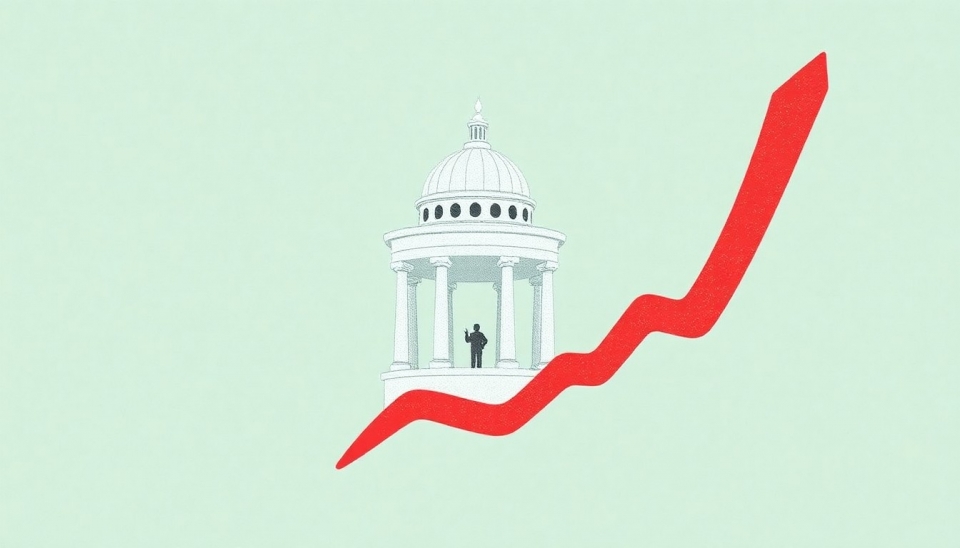New Study Reveals Worsening U.S. Budget Deficit and Its Impact on National Debt

According to a recent report from the Congressional Budget Office (CBO), budget deficits in the United States continue to widen, leading to a significant surge in national debt. The report warns that by 2033, the debt level could reach 156% of the country's Gross Domestic Product (GDP) unless serious measures are taken to reduce it.
The CBO reports that the current budget deficit stands at approximately 5.9% of GDP in 2023 and will continue to increase in the coming years. The primary factors contributing to this growth are rising government expenditures and decreasing tax revenues. Notably, spending on social programs such as Medicare and Social Security plays a significant role in this trend.
It is expected that by 2033, the annual deficit will exceed $2 trillion, posing a threat to financial sustainability. This could lead to serious consequences for the country's economic stability, including rising interest rates and disruptions in financial markets.
CBO experts emphasize the need for fiscal policy reforms and a review of government spending levels. Without potential changes to funding strategies for government programs, the country risks facing financial difficulties that could affect every family in the U.S.
Challenges facing the economy require immediate solutions to prevent even deeper economic distress. This report should serve as a call to action for both legislators and business representatives to reassess their strategies in light of future economic realities.
Thus, amid rising budget deficits and surging national debt, significant questions arise regarding U.S. financial policy and its sustainability in the long term.




